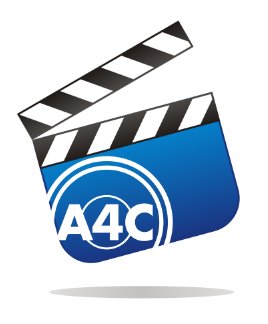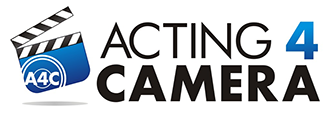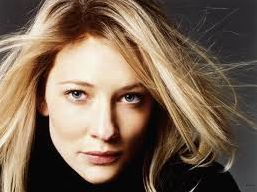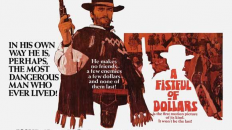by Haven Tso
We often say that art reflects the society. It is a different voice articulated through a different medium. This is particularly true with performing arts. When you read Chekov, Tennessee Williams and Mikhail Bulgakov, it is not hard to find very clear references to the era they were living in and what they were trying to tell us. Every word that was written in the scripts represents an attitude and a view of the writer about their time. However, whether the audience can hear the writers’ voices in the scripts rests heavily on the shoulder, and in fact the voices of the actors delivering the lines.
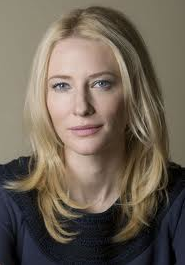 Many people know that I always tell people if you want to provide a voice to the script, you have to be heard in the theatre first. And to be heard in the theatre you need good voice training. I have been doing voice training with an esteemed voice coach privately for a number of years now and I can completely see the benefit of doing so. And by voice training, I am not referring to singing training. What I am referring to is the training that helps you use your body and your voice to articulate and accentuate thoughts, so that words can be lifted from the paper and come to life. Cate Blanchett once said, as an actor your body and voice are your main instruments so you won’t want to tamper with it unnecessarily. Through regular voice training and exercises, one can build a solid foundation as an actor.
Many people know that I always tell people if you want to provide a voice to the script, you have to be heard in the theatre first. And to be heard in the theatre you need good voice training. I have been doing voice training with an esteemed voice coach privately for a number of years now and I can completely see the benefit of doing so. And by voice training, I am not referring to singing training. What I am referring to is the training that helps you use your body and your voice to articulate and accentuate thoughts, so that words can be lifted from the paper and come to life. Cate Blanchett once said, as an actor your body and voice are your main instruments so you won’t want to tamper with it unnecessarily. Through regular voice training and exercises, one can build a solid foundation as an actor.
Some people asked me what is the benefit of doing so? Isn’t voice training in actor just about being able to do different accents? The simple answer is no – there is more to that. Personally, the main benefits I gained from my voice training in the last few years include better understanding of the English language itself, understand how words, phrases and sentences were construct in a way as it is in its current form, and being able to drawn emotion from my body and integrate it into my voice without hard pressing any emotional buttons. I started off by understanding the language in mechanical and scientific ways, then apply this knowledge in lines and contexts of the scripts and bam the understanding and depth of emotion are just there.
I did a lot of Shakespeare and Marlow during my training. Some people might think that they are not relevant. But for me because they are classic text, they helped me to build a very strong foundation in understanding both English as a language and English language as an organism that relates to me as a human being and inevitably as an actor. We were taught in drama school and acting classes to identify beats and turning points etc. in scripts. They are systematic approaches to script analysis but at times they are not as easy as one thinks. However, after all the years of Shakespeare and Marlow, one of the greatest benefits I again from my voice training is that modern scripts have become easy ‘play things’ that you can just pick up and play. This is because classic texts are a very well structured with semantic purposes, so after years of drilling into them; modern English has become very easy to understand. This also explains why many Shakespearean actors are so good in modern films and theatre. This is because they understand the language much better.
As an actor who benefited immensely from years of vocal training, I will continue to recommend people who seriously want to become actors to seek out training opportunities in their voices. Next time I will talk more about how you can identify whether an actor is well trained in their voices from their performances alone.
Haven Tso is an actor, writer, graphic designer and blogger.
